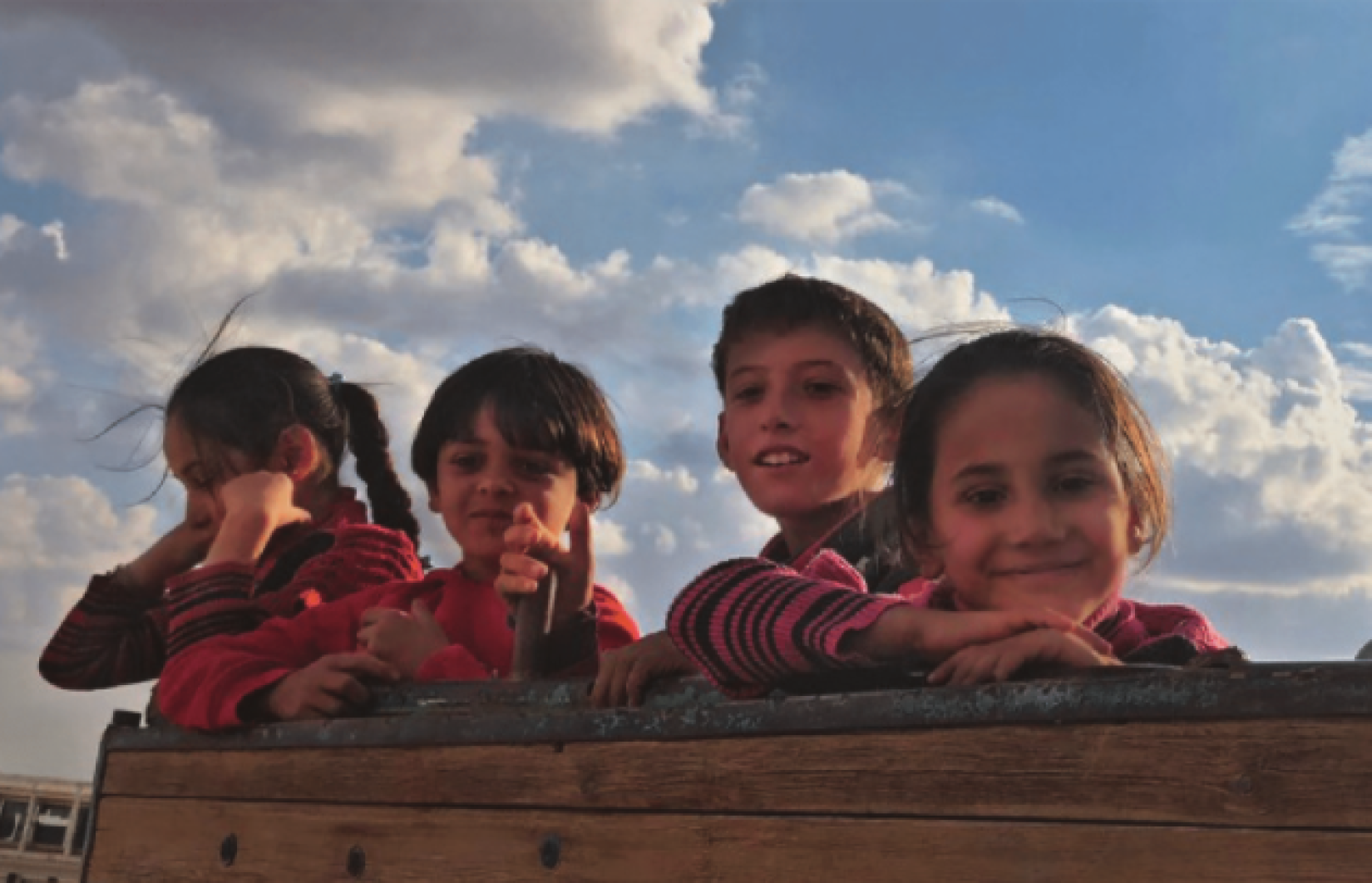The United Nations common system in Syria is composed of 16 resident entities and offices (FAO, OCHA, OSE, UNDOF, UNDP, UNDSS, UNFPA, UNHABITAT, UNHCR, UNICEF, UNMAS, UNOPS, UNRWA, UNTSO, WFP, WHO) and 7 non-resident entities (ESCWA, IFAD, ILO, OHCHR, UNEP, UNESCO, UNIDO, and UNODC ).
The United Nations Country Team (UNCT) ensures full participation of all UN entities in the decision-making process concerning strategic and programmatic priorities, taking into consideration the dire humanitarian needs of the people in Syria and ensuring a principled and transparent approach to the design and delivery of UN assistance.
The UN Resident Coordinator and Humanitarian Coordinator chairs the Syria UNCT in his capacity as Resident Coordinator. The Resident Coordinator’s Office (RCO) in Syria provides secretariat, advisory and coordination support to the country team and the inter-agency coordination groups.
The guiding programmatic framework that governs the UNCT’s engagement in Syria is the UN Strategic Framework (UNSF), signed with the Government of the Syrian Arab Republic and consulted with a wide range of national and international partners.
Through multi-year resilience and recovery programmes and projects, the UNSF complements the Humanitarian Response Plans (HRPs) that set out the framework within which the humanitarian community responds to the large-scale humanitarian and protection needs in Syria, on the basis of the prioritization undertaken across and within sectors.



















